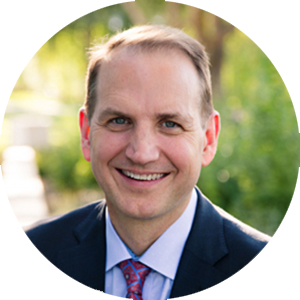Health Video Topics
The Healing Power of Forgiveness
Anger is a natural emotion. But did you know holding onto it—letting it fester into unforgiveness—has terrible consequences for our health and well-being?
In fact, unforgiveness increases our risk for all sorts of health problems—anxiety and depression, difficulty sleeping, high blood pressure, high cholesterol, increased stress, and even the number one cause of death in the U.S.: heart disease.
Five useful steps to help you on your journey to becoming more forgiving:
- Forgiveness is Hard: Step one is to admit forgiveness isn’t an easy task; it’s a journey that takes time and effort.
- Forgiveness is a Choice: Step two is to remember that forgiveness is a choice I make. It is, acknowledging that something hurtful happened; facing it and saying, “This happened. It hurts – A LOT – but I am now choosing love over anger, compassion over bitterness, empathy over rage. For my own well-being.”
- Forgiveness is NOT condoning a wrong: Step three is understanding that forgiving someone isn’t excusing nor condoning a wrong. It is important for our health to forgive, regardless of whether or not the other person is deserving.
- Forgiveness Involves Empathy: Step four is recognizing forgiveness involves empathy. Many people think forgiveness is simply moving on. But complete forgiveness goes a step further. It is putting yourself in the other person’s shoes, and offering empathy and compassion to the person who wronged us. Often understanding another’s struggles makes it easier to empathize and move towards forgiveness.
- Prayer Enhances Forgiveness: The final step is one that can be a powerful tool to help you achieve the first four steps. Research shows that individuals with strong religious commitment are more likely to engage in forgiving behaviors. The power of prayer and the power of forgiveness go hand-in-hand. If you don’t have a spiritual connection, consider reaching out to someone you trust and ask them to pray for and with you.

Host
Andrea Jakobsons, MDiv
Pastor

Scientific Information
Brian Schwartz, MD
Interventional Cardiology
